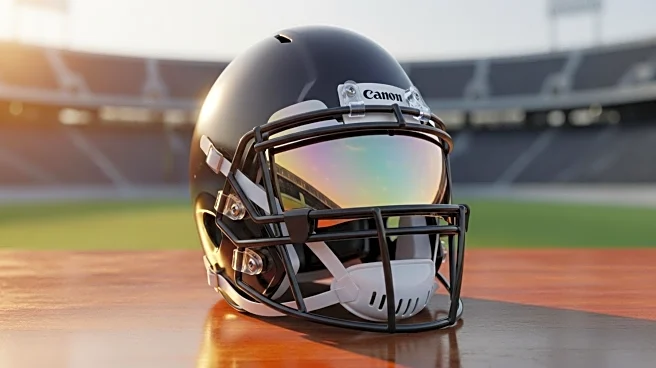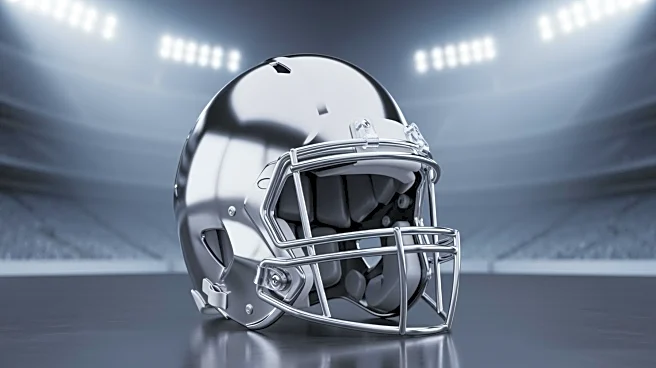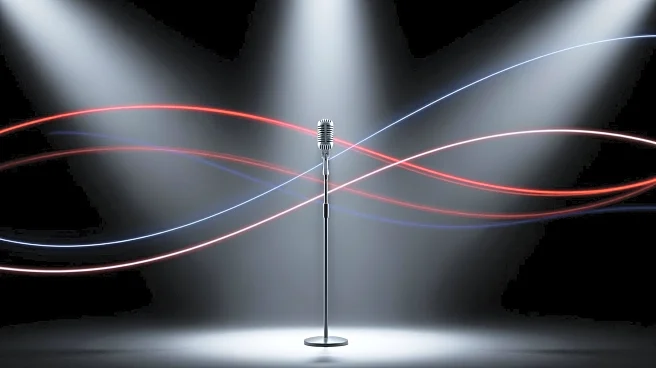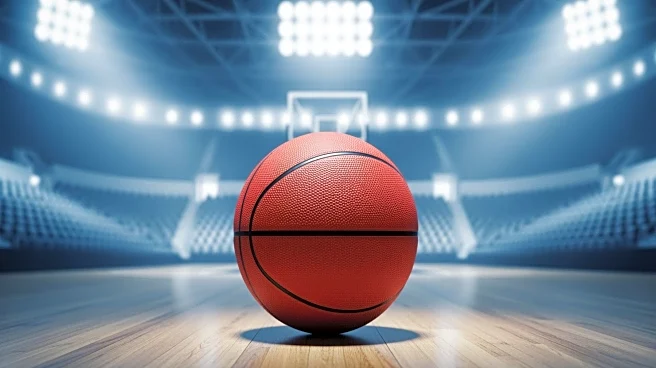What is the story about?
What's Happening?
Diego Pavia, quarterback for the Vanderbilt Commodores, is playing his sixth season of college football in 2025 after a legal battle over NCAA eligibility rules. Pavia, who is 24 years old, initially started his career at New Mexico Military Institute and later transferred to New Mexico State before joining Vanderbilt. His eligibility for the 2025 season was secured through a court case filed against the NCAA, which challenged the rules regarding player eligibility and the impact of the 2020 COVID-19 season. A preliminary injunction granted by Judge William Campbell allowed Pavia to play this season, and an appeal by the NCAA was dismissed, effectively granting him an additional year of eligibility.
Why It's Important?
Pavia's case highlights ongoing debates around NCAA eligibility rules, particularly in the context of the COVID-19 pandemic and the evolving landscape of college athletics. The decision to grant Pavia an extra year could set a precedent for other athletes seeking similar extensions, especially as the NCAA's policies on name, image, and likeness (NIL) continue to evolve. This case underscores the tension between traditional NCAA regulations and the rights of student-athletes to benefit from their athletic careers. The outcome may influence future legal challenges and policy changes within college sports.
What's Next?
As Pavia continues his season with Vanderbilt, the broader implications of his case may encourage other athletes to pursue legal action for extended eligibility. The NCAA may need to revisit its policies to address similar cases and prevent further legal challenges. Additionally, the case could prompt discussions about the balance between maintaining competitive fairness and accommodating athletes' rights in the changing landscape of college sports.
Beyond the Headlines
Pavia's legal victory could inspire a shift in how eligibility and NIL rights are perceived in college sports. The case may lead to increased scrutiny of NCAA policies and potentially more athlete-driven legal actions. This development could also influence how universities and athletic programs approach athlete support and compliance with evolving regulations.















